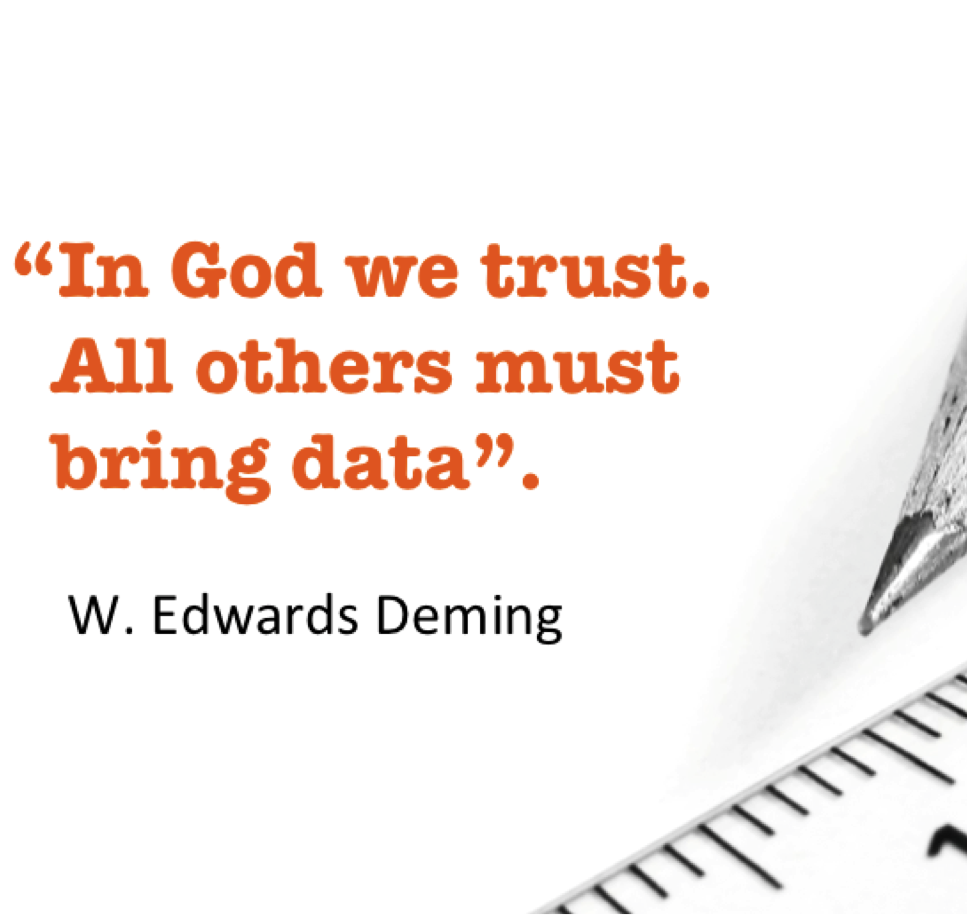
Reputation Measurement: Why Bother?
If there’s one thing that (for me) has defined this recent period in business, it’s the seemingly unquenchable desire for businesses to measure stuff.
We have KPIs, KPOs, sentiment tracking, brand trackers, reputation, employee engagement, trust metrics… the list goes on. With so many measures, there’s a real risk of racing to achieve a number, whilst becoming detached from what the business really needs to be doing to be successful in the long term. And in some cases, the measures themselves can be misleading.
Measurement is nothing new. In my 20+ years in business I have worked in employer branding and engagement, then consumer branding, corporate branding, corporate reputation and latterly, corporate brand and reputation. In every case, the companies I’ve advised sought to understand the impact of their efforts on some sort of outcome. Answering questions such as: does our employer brand attract the very best talent; does our consumer brand encourage advocacy and repeat business; does our corporate brand and reputation help lower the transaction costs of doing business? All of these measures can be linked to an outcome, which, taken together can be indicators and/or predictive measures of business performance.
So why am I choosing to single out reputation measurement in this article? Well, things have become a little muddied and misleading in regards to the effectiveness of companies measuring and tracking their reputation. So I’d like to (attempt to) clear the waters somewhat.
Should companies track their reputations? Well, that depends. The first question I always ask when invited to speak to a firm about its reputation, is – what other measures do you currently have in place? And specifically, what type of brand tracking do you do?
This is really important. Brand measurement and tracking is far more advanced than reputation tracking. It’s been around longer; there is sound evidence that proves the link between a strong brand and consumer/customer advocacy and preference – and not just stated preference, actual outcomes at the point of purchase.
So a strong brand that is relevant to customers, is differentiated from competitors, and has a personality that customers/consumers relate to – this is really important to track as its possible to show a direct link with sales and other financial metrics.
Reputation measurement, on the other hand, is different. When consumers are asked questions about reputation (and for the sake of this article, here I’m referring to aspects of corporate behaviour, organisational culture, corporate responsibility) their answers are based mostly assumptions rather than knowledge. And these assumptions are based on their perceptions of the brand. For example, a typical reputation question – such as ‘Do you believe Coca Cola is an ethical company?’ – will be answered by many consumers based on assumption rather than knowledge. As a consumer, I know Coca Cola has been around for a long time, I see it’s brand everywhere, I like its advertising – I’m going to assume that a company like this is generally ethical. Bingo! Coca Cola scores highly as being an ethical company. However, put that same question to an MP, Policy Adviser or Nutrition Expert and it’s very likely you’ll get a different answer.
The point I’m making here is that reputation measurement among consumers and the general public is, in my opinion, pretty useless, and in some cases, can be misleading – giving companies a false sense of security – through the ‘halo effect’ of their brand strength – on some critical issues.
So am I disregarding reputation measurement altogether? No. It is important to know how a company is viewed on aspects of corporate behaviour and responsibility but only amongst those groups who are informed and can have an influence on the business. These individuals fit in to a group I call key opinion leaders (KOLs) and are those individuals who have the credibility and reach to lead opinion i.e. their views can influence consumers, customers and governments on key topics. Usually, KOLs are leading academics, topic experts, trade and regulatory bodies and policy advisers. Anyone who can influence your customers or consumers.
With KOLs it is most important to know how a company is perceived and considered in the context of major issues facing society and the major issues facing the sector it operates within. This requires a qualitative approach to understanding these issues and the expectations KOLs have on how a company could or should address said issues. The key issues, and their opinions on such issues do not change quickly, so in terms of measuring and tracking, a quarterly tracker – following a qualitative deep dive – is enough.
The final piece of the puzzle is employees. I’m a strong advocate of employee alignment programmes (that measure the degree to which employees are willing and able to deliver on strategy and/or live a company’s values) rather than traditional engagement measures. (A subject for another blog!)
Taken together – a robust brand tracker with consumers/customers together with a quarterly reputation tracker with KOLs and quarterly employee alignment tracker: these are the three core (non financial) measures that I believe are most important to track as each can be linked to a business outcome.
So by all means, measure reputation, but only with the relevant audiences and always analyse the results with your brand tracker and employee surveys to get an informed, rounded view on what’s influencing your key financial indicators.
……………..
Spencer Fox is a corporate brand and reputation adviser and has advised companies such as AstraZeneca, ITV, L’Oréal and Tesco. He is a founding partner of Tovera Consulting – a brand and reputation consultancy, providing advice on research, measurement and strategy. Based in London, Tovera helps companies build both strong brands and reputations.
